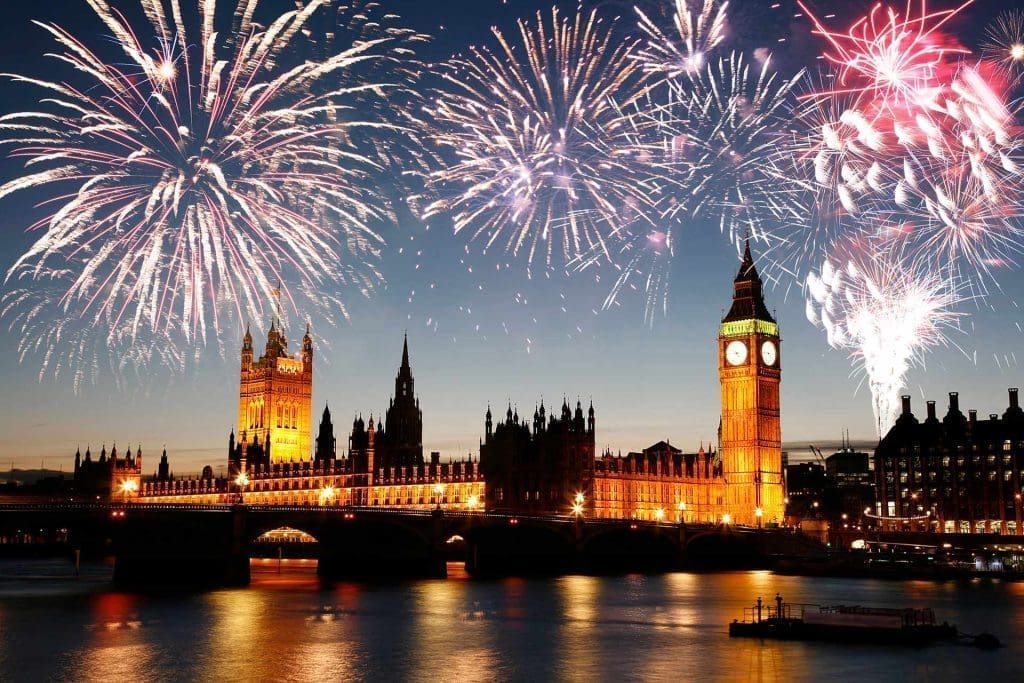The vast majority of festivals around the world are thoroughly fun; however, some may give us pause to think. So, how do you avoid the questionable ones? Mike East opens up the topic of historical festivals.
On the third Sunday in May each year, the pretty Hampshire town of Alresford holds its annual Watercress Festival and the king and queen of the day distribute free watercress to passers-by. It is hard to imagine the event being thrown into disorder by attacks from radicals of the Watercress Rights Group who, in a frenzy of indignation, snatch the humble salad away from stallholders and rush it off to a safe watercress sanctuary in another part of the country. That would, of course, be crazy, though can we say the same about all festivals?
Historical Festivals – Columbus Day or Indigenous Peoples’ Day
When I was at school I learned that, “In 1492 / Columbus sailed the ocean blue…”And so on.
I was told that he was very brave, as many people thought he would sail off the edge of the world. When he got to the Americas, he met some friendly Indians who he brought back to meet the king and queen of Spain … and on it went.
If Columbus were alive today he would likely be on trial in The Hague
In more recent years there has been controversy surrounding Columbus discovery of America. General understanding of those historical events has moved on since then, and if Columbus were alive today he would likely be on trial in The Hague.
This is not political correctness gone wild. Having spent many years in Latin America, I can see why people celebrate this day in other ways. Some states in the US or nations in the Americas have changed the emphasis of the holiday to Indigenous Peoples’ Day, or even gone one step further. In the case of Venezuela, it is the Day of Indigenous Resistance.
The more I read about Columbus, the more I agree with the Venezuelan point of view.
This got me to thinking about other festivals around the world and whether there is another, usually hidden side to a minority of the historical festivals we celebrate.
Hidden Meaning Behind Carnivals
There is definitely a positive struggle in some, for example the Carnival tradition.
Often such as at the Trinidad Carnival, the event was once distinctly frowned upon by the ruling classes as something the lower orders did, or even an indication of criminality, after all the alcohol would be flowing freely, people might be shaking their bodies in all sorts of shocking ways and criminals would be out shadowing the revellers, so the police would be kept busy. Yet gradually these festivals moved towards acceptance and beyond it to a secure place in the nation’s culture.
Historical Festivals Filter
Some things to reflect upon:
- Does something about the festival make you uncomfortable?
- Do the ethics/politics of the festival fit with your own values?
- Will you be spending money on something you disagree with?
- Does the festival promote a figure that you have strong feelings about?
- Are you visiting a place that has a festival you disagree with at another time of year?
Embracing Festivals
Some cultural festivals remind us just how culturally diverse we are, like the meeting of the 17 tribes at the Hornbill Festival in Nagaland India, others like the whirling dervishes of Konya, make us ponder our spirituality. The Naadam Festival Mongolia keeps traditional sports alive and events such as these present a multi-cultural tapestry to any visitor.
On the other hand, historical festivals can cause tensions, or keep wounds open to this day. Much of the marching season in Northern Ireland, for example, is sectarian, though other marches, such as the Belfast Pride, or St Patrick’s Day (as the saint of all of the island of Ireland), are deliberately non-sectarian.
Guy Fawkes or Bonfire Night
Yet, just to complicate matters, some festivals aimed to oppress or condemn certain groups have since morphed into general celebrations, such as Guy Fawkes Night or Bonfire Night that remembers the failed plot to blow up Parliament in London. How many UK Catholics do not enjoy the fireworks because the event was once used to vilify them?
Overwhelmingly, festivals are harmless fun, though, at times, it may help if we have our cultural filters switched on, because under all the pomp and circumstance, something else may be lurking.

